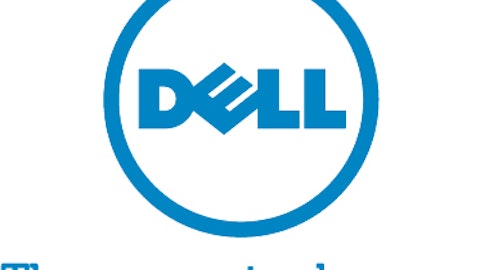Yet as much as the SEC has focused on the funds that average investors use, retail money market funds have been out of favor for years, because of the Federal Reserve’s low interest rate policy. Fidelity, Charles Schwab Corp (NYSE:SCHW), and Vanguard have had to subsidize their money market funds, accepting fee reductions in order to keep their net income from going negative. Moreover, Schwab, TD Ameritrade Holding Corp. (NYSE:AMTD), and E TRADE Financial Corporation (NASDAQ:ETFC) have all established brokerage sweep-account options that tie to FDIC-insured bank accounts at their banking subsidiaries, essentially urging their customers to avoid money market funds entirely and helping them avoid some of the hit to their earnings that subsidizing those funds would entail.
Most important, institutional investors don’t have the alternatives that retail investors have with their cash. For years, high-yield savings accounts have offered average investors much higher rates on their savings, with accounts still available that pay as much as 1% while offering full FDIC protection. For Barclays PLC (ADR) (NYSE:BCS), General Electric Company (NYSE:GE)‘s GE Capital division, and other banks offering high-yield accounts, paying an above-market rate for savings gives them access to capital that they otherwise wouldn’t be able to attract. Moreover, by running their high-yield banking operations largely over the Internet, these institutions are able to make use of the banking infrastructure they already have in place while benefiting from the lower costs of Internet banking.
But with FDIC maximums and other restrictions, those accounts aren’t generally available to institutional investors, who have to settle for the much lower yields on Treasuries and commercial paper. As a result, imposing restrictions on institutionally focused funds likely won’t dissuade institutions from using them, if only because their other options are limited.
Much ado about nothing
In the end, individual investors shouldn’t be too concerned about whether money market funds survive in their current form, because they haven’t been a competitive savings option for years. By limiting the impact of its floating-price proposal to big institutions, the SEC has implicitly recognized the need to allow money market funds to keep their most attractive feature for retail investors in order to give them a chance to continue to exist. In the meantime, investors and fund companies alike can only wait and hope that rising short-term interest rates will eventually make money market funds a meaningful investment again.
The article This SEC Move Won’t Kill Your Money Market Fund originally appeared on Fool.com.
Fool contributor Dan Caplinger has no position in any stocks mentioned. You can follow him on Twitter @DanCaplinger. The Motley Fool recommends TD Ameritrade. The Motley Fool owns shares of General Electric Company.
Copyright © 1995 – 2013 The Motley Fool, LLC. All rights reserved. The Motley Fool has a disclosure policy.





